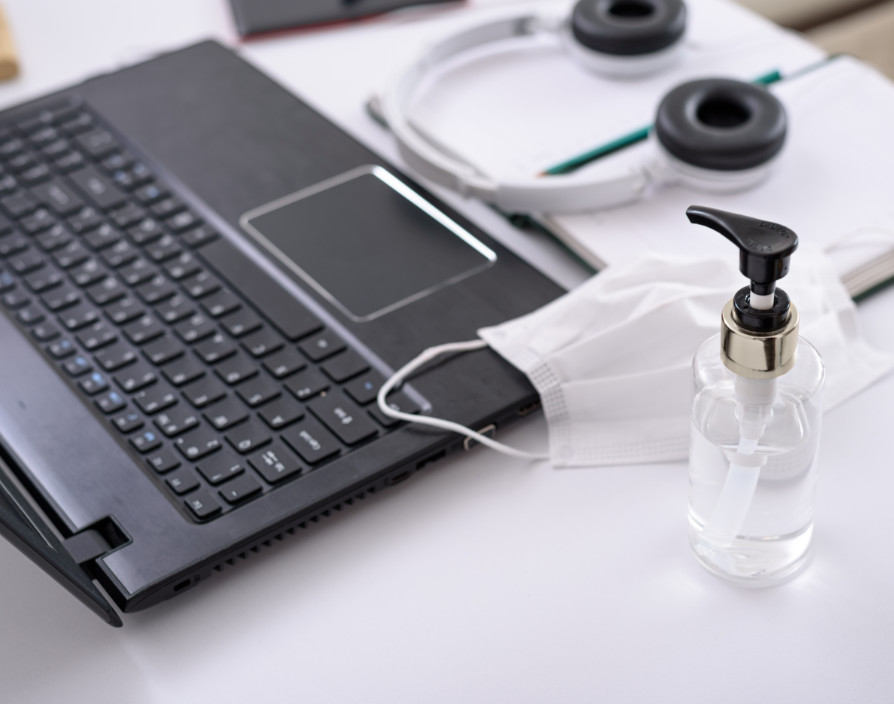The CIPD alongside YouGov recently published data suggesting that more than 4 in 10 of us are anxious about returning to work following the coronavirus lockdown – with those responding citing fears about their own safety or that of people close to them as major contributing factors.
It’s safe to say, then, that as lockdown begins to ease, and teams around the country gear up to return to offices and other places of work, extra vigilance is going to be key. During this time, it will be more important than ever for business leaders to focus on the health, safety, and welfare of employees (and this includes a strong focus upon their mental wellbeing too). In fact, under the Health and Safety at Work Act (1974), every employer in the UK has a duty of care to do so.
With the added emphasis on risk-management at the moment, carrying out effective risk assessments that take into consideration any risks staff members may encounter upon their return to work (including but not limited to COVID-19) will be vital. Doing so will help secure your workplace and ease any fears your employees may have.
To help businesses re-open safely, below is a checklist of procedures to bear in mind:
Risk assessments
The Management of Health and Safety at Work Regulations places a duty on all employers to carry out risk assessments. They are a valuable tool for examining what hazards and risks may be present in your workplace and what precautions you need to put in place to prevent harm.
Not carrying out a risk assessment could result in illness, accidents, or even deaths ‘ not to mention significant costs for your organisation.
Preventing the spread of infection
It goes without saying that preventing the spread of infection is imperative right now. Implementing health and safety measures to control the risk of infection is going to be important on two counts: 1) to keep employees physically safe and as healthy as possible and 2) to avoid increasing anxiety levels amongst members of staff worried about themselves and those around them.
Scheduling regular deep-cleans, providing staff with personal protective equipment and sanitation stations as and where appropriate, and enforcing social distancing measures (e.g. moving desks, installing screens, closing communal areas) will go a long way to help maintain strong hygiene levels and to keep anxiety about infection at bay.
Staff members should also know who to talk to if they feel anxious or unclear about the return to work. Managers may wish to talk to team members individually or as a group before your workplace reopens to voice any concerns or ask any questions about the return.
Water safety
If your company entered lockdown, it’s very likely your office water systems have been left unused for months, so now is the perfect time to schedule an inspection. Still water between 20°C and 50°C presents the perfect breeding ground for Legionella bacteria, so ensure water systems (e.g. air-con, hot and cold tanks, or on-site showers) are regularly maintained and serviced.
Electrical safety
All electrical installations deteriorate with age and use and should therefore be inspected at regular intervals, e.g. with periodic inspection and testing by a qualified engineer. After a period of non-use, now is a good opportunity to ensure your electrical and portable appliances are safe to use and up to code.
Fire safety
Your workplace will likely have installed a new layout to comply with coronavirus safety rules, so don’t forget how this might impact your fire safety and evacuation procedures.
All staff returning to the workplace need to be made aware of new fire safety arrangements and posters/meeting points will need to be updated and circulated to all staff members. You might consider staging a fire drill for added precaution ‘ especially with social distancing guidelines in mind.
“
Share via:


















































